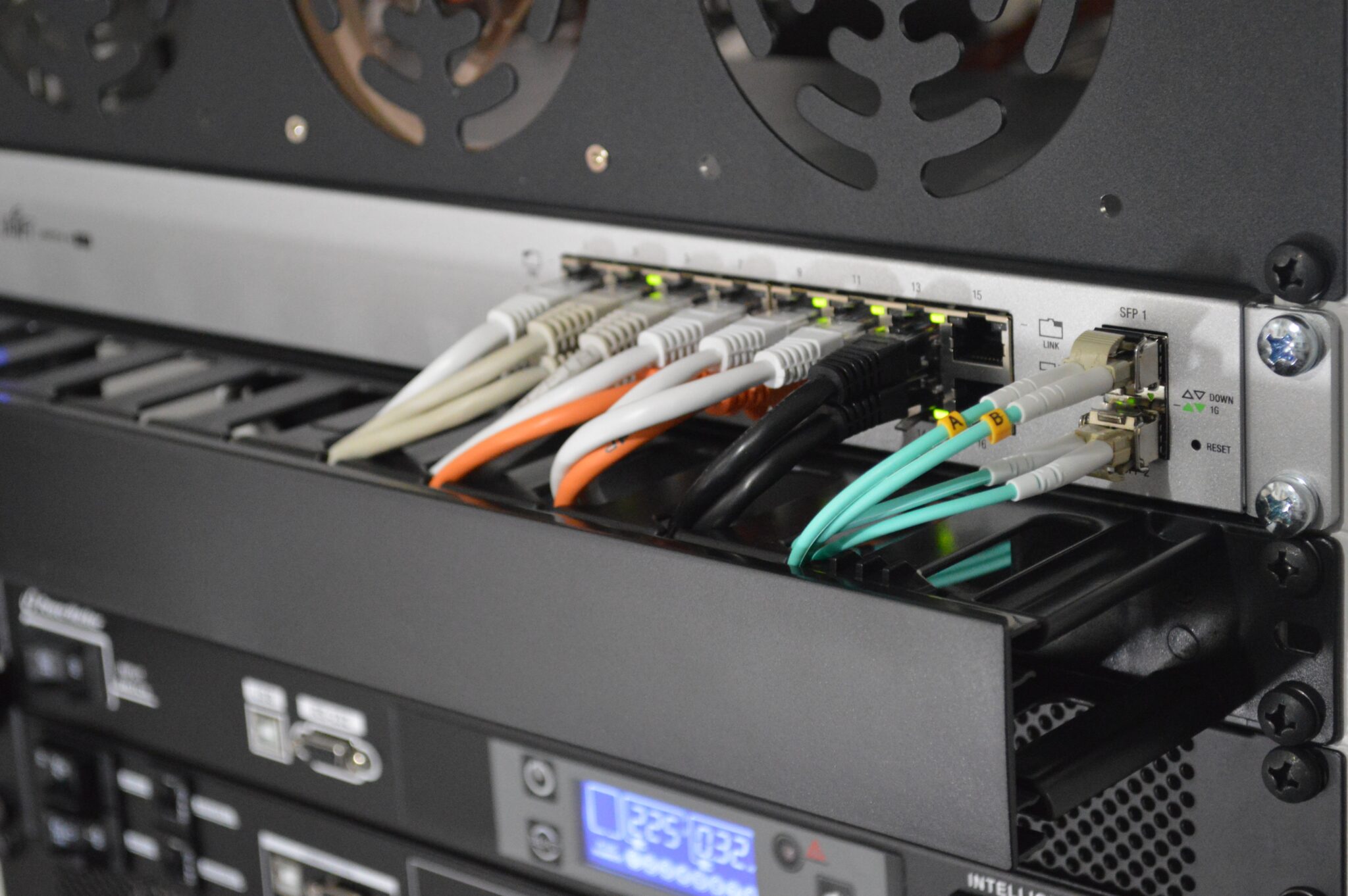Finding the Right Battery for Your UPS System
There are several reasons you may benefit from utilizing an Uninterrupted Power Supply (UPS) system. This blog covers what a UPS system is and how to select the ideal UPS battery for your unique needs. Let’s get started with the basics!
What Is a UPS System?
Need some backup? A UPS system is used as a battery backup power source for voltage surges, voltage sag, blackouts, etc. When your utility power drops or surges to unsafe voltage levels, your UPS system will switch on to battery power your connected equipment. Installing a UPS system is similar to a hospital using a backup generator to power its essential equipment in an emergency.
Who Uses UPS Systems?
One of the most common industries to utilize commercial UPS systems are Information Technology (IT) companies for computer rooms and data centers. For industrial UPS systems for critical process control, nuclear power plants and oil rigs are typical contenders for an industrial UPS setup.
Which Batteries Are Used in UPS Systems?
The batteries used to provide your UPS system with emergency power are, you guessed it, UPS batteries. There are two main types of UPS batteries: lithium-ion batteries and sealed valve regulated (VRLA) batteries.
Before choosing your UPS battery, it’s important to note that only certain manufacturers and products can be used with specific UPS systems. For example, lithium-ion batteries have voltage requirements that may not compile with your current equipment.
Lithium-Ion Batteries vs. VRLA Batteries
When purchasing a UPS system to back up your critical workload, servers, data, etc., you’ll want to choose the most reliable system with an efficient total cost. VRLA batteries are tried and true with a lower price point than lithium-ion.
One perk of going with a VRLA battery is that it features a captive electrolyte design that prevents spillage even if the case is damaged (score!). Another reason VRLA batteries are hot on the market is because they’re “maintenance-free” as they don’t require any additional water or electrolytes to function. On the other hand, a downside of VRLA battery usage is you have to acquire a third-party battery management system, and the batteries should be replaced every 3-5 years.
While lithium-ion batteries have a higher price point, they’re valve regulated, lightweight, take up less space, have a smaller footprint, and only need to be replaced every 8-10 years. According to the Grand View Research report, the global lithium-ion battery market was valued at $53.6 billion in 2020 and is expected to increase by 19% through 2028.
Comparing Power and Energy: Why it Matters
When analyzing the energy and power of lithium-ion and VRLA batteries, you’ll need to dive into power cells compared to energy cells. A power cell battery produces a large amount of power in a short time frame whereas an energy cell battery uses a small amount of power spread over a longer period of time. Lithium-ion batteries are designed as both power and energy cells, while VRLA batteries are simply energy cells. Understanding your unique system power processing needs will help you decipher which UPS battery provides the best support.
Donwil Battery Systems for UPS Equipment
With decades of experience powering critical business processes, Donwil is here to consult you with the leading UPS equipment available to keep your UPS systems always running. Click here to browse our selection of battery systems for your application, or contact us to speak with an expert today.

